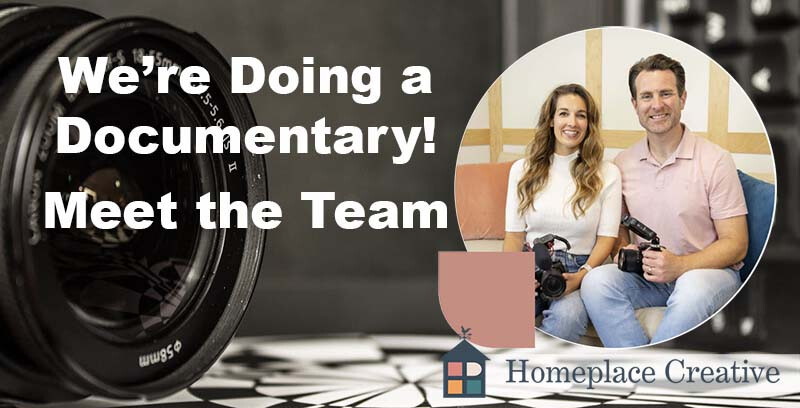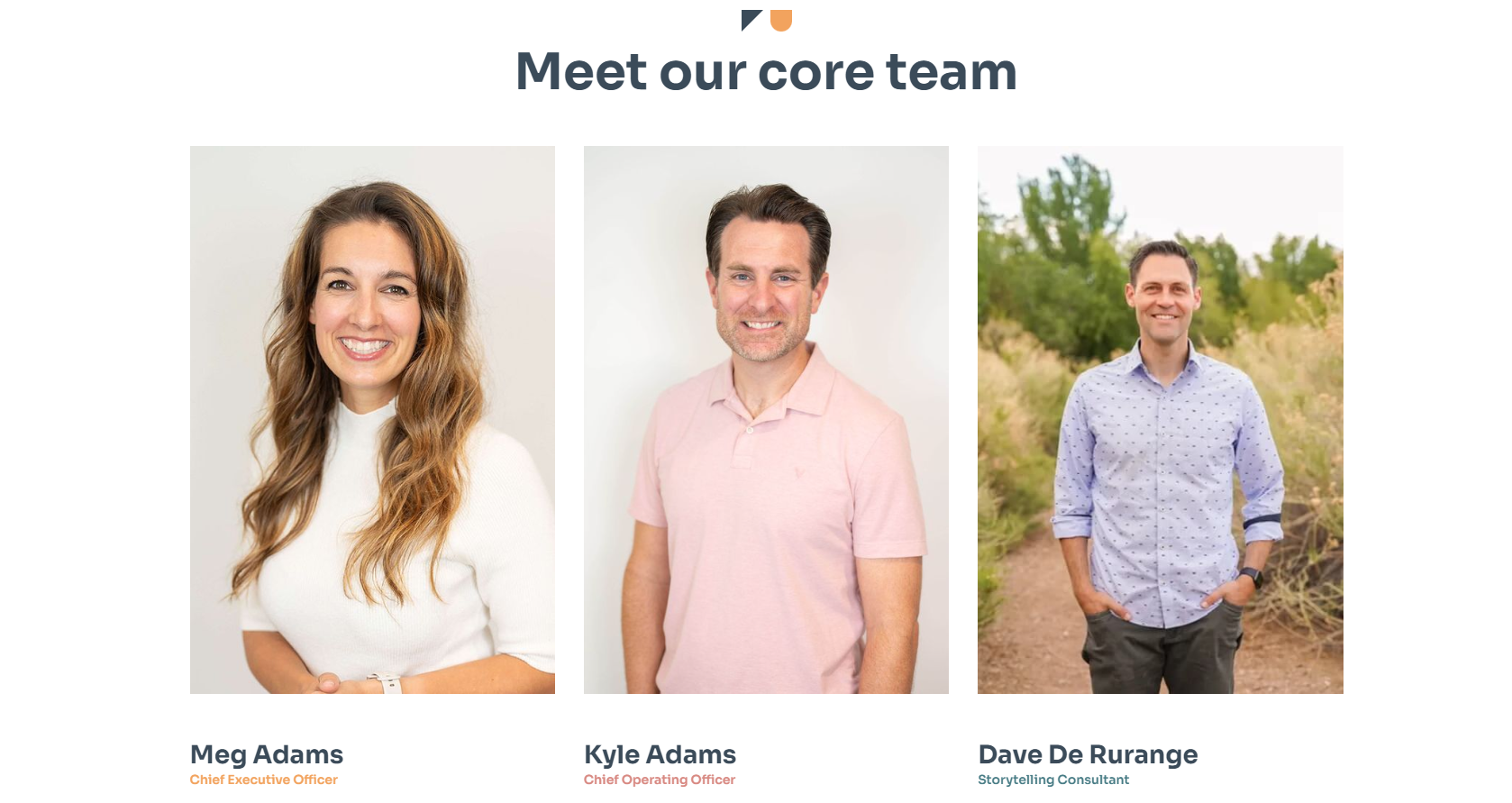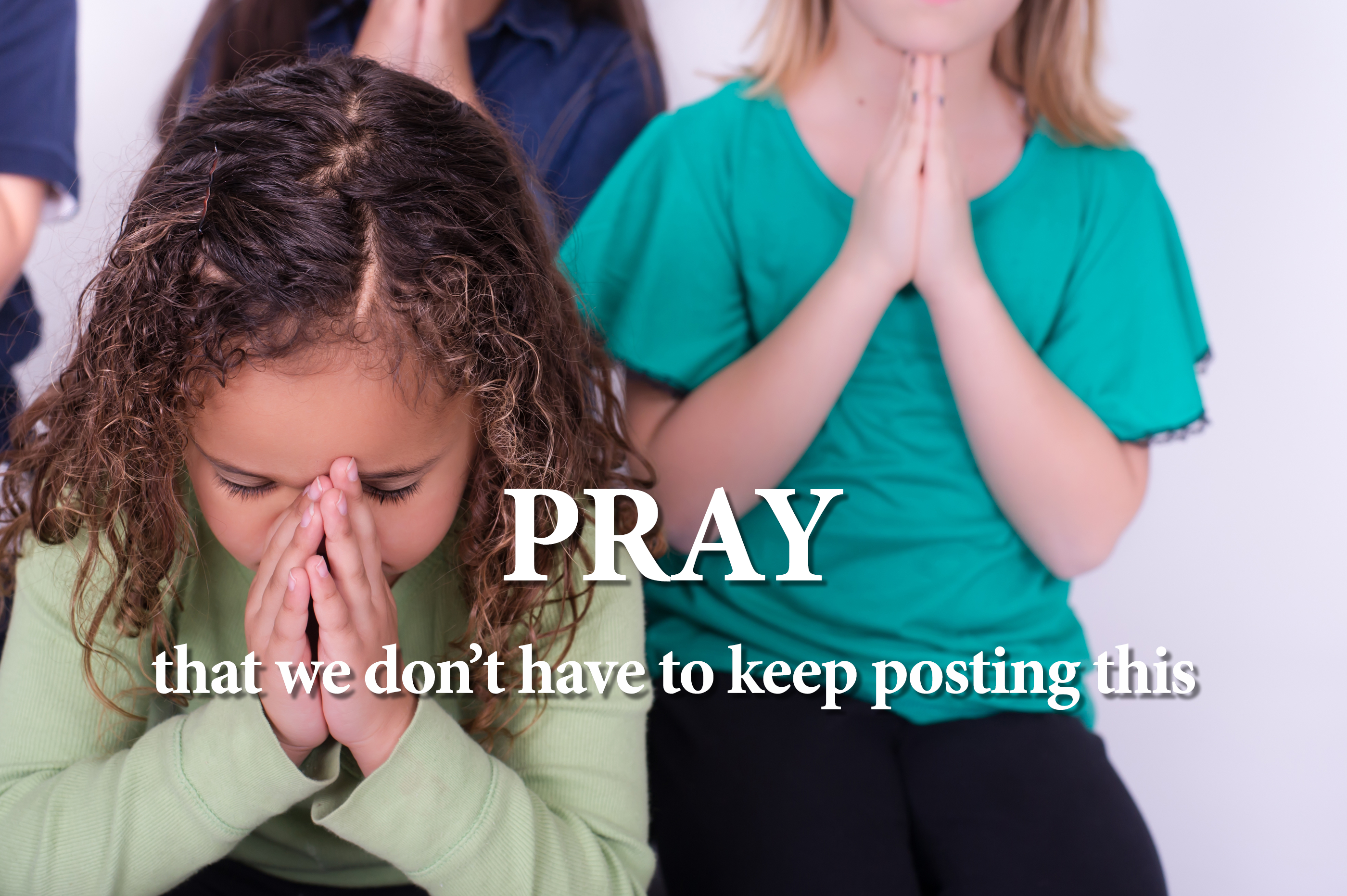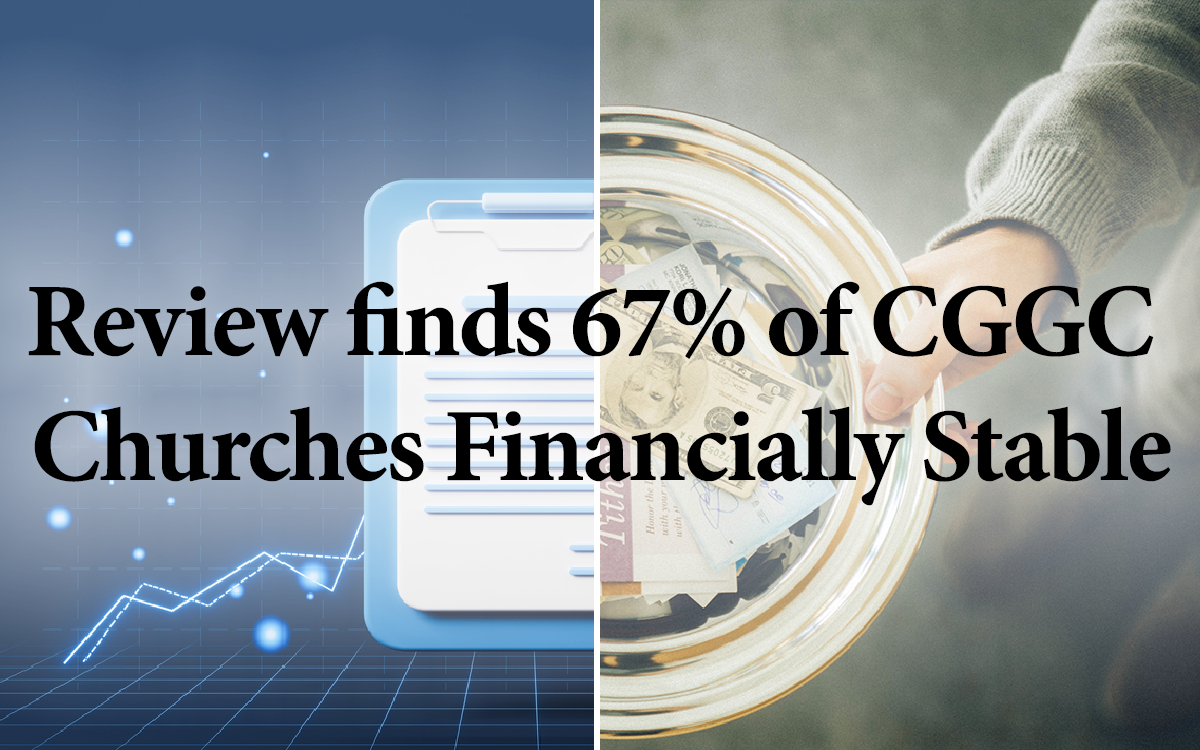
We are so excited to announce that we have commissioned a documentary to be produced in celebration of the CGGC’s 200th anniversary! Our goal is to capture our history in a way that points our eyes toward the future.
The documentary will debut at Triennial Conference in July 2025. We are also planning multiple additional screenings after this. We’ll be making the documentary available for all our churches, and institutions to use for history, polity, and education, at no cost.
With this announcement, we also wanted to put the spotlight on the creative leads behind this project. The documentary is being created and produced by Homeplace Creative, an Ohio based team consisting of husband-and-wife Kyle and Meg Adams, along with Dave De Rurange. You can read all about them on their website: homeplacecreativeco.com.

Their work is well underway, with the majority of the interviews already filmed. So, we wanted to check in and share what Meg and Kyle have been up to.
Note: The following interview has been edited for clarity.
What about this project provoked your interest?
Meg: Obviously, for me, being of Christian faith, knowing a bit about John Winebrenner as a professor at [the University of Findlay], but not a lot, it really intrigued me. The idea of looking back to discern how we move forward is always of interest to me. That was the most interesting aspect for me. We really want to take the time to capture our history so that we can inform our conversations moving forward.
As we’ve been doing these interviews, it’s been moving me to think about Winebrenner, and some of the pastors after Winebrenner who were dealing with these social issues, or just life issues that come up for us now. It’s so interesting how prevalent the conversations you’ve been having as a denomination. As the conversations have continued, there are just new iterations of those questions.
Kyle: I’ve always been interested in how people interpret Jesus’s teachings. I’m drawn to people like Winebrenner. I really admire the fact that the whole idea of the church wasn’t about him, or anything of this world, but all about Jesus and that personal relationship with Jesus. [Winebrenner] was a person who led by action, and I really admired that. As I’ve talked to the people, I’ve realized that the people I’ve interviewed are a little like that too.
Can you both describe your philosophy of story telling and how that relates to this documentary?
Meg Our philosophy is that people’s stories matter. There is this human element of connection in what we do. We like to allow stories to emerge through honest conversations and I think that’s a little different than how other people approach documentary story telling. We’re not going to walk into an interview with pre-meditated questions. Of course, we know what we’re looking for and the goal of the documentary, but we really want to allow people to share their life stories.
That’s what we’ve done in all of our work. As we’re now in the interview stage, you start out and people are a little wary of you, but then you talk for a half hour or 20 minutes and they get into it, and you start to see the layers of peoples’ spirits be revealed through their stories. And that’s what I love. That really gets us to the heart of what people are talking about.
Our hope it that we can bring those conversations to the screen through a larger story. We’re bringing all of these vantage points to help people see a broader narrative or picture. This is how we’ve always approached story telling.
It's always a humbling process when someone shares a part of themselves. I see it as a really precious gift. I always want to tell people that. People sit down and give you their time and their stories. It’s one of the most precious things we can give to each other.
Kyle: I’ll add that, the most fun part for me, as I think about other work I’ve done in the past, is to go into a story without pretense. To just get people comfortable and to open up, and to find out why they do what they do. Connecting that “why” to the bigger picture of the Churches of God, and that 200-year history.
Then we can see how it all fits together. I really enjoy figuring out how these people tick, and why they’ve dedicated their whole lives to this. The only way you can get to this is to go in without any pretense. You don’t want to guide them but get to an authentic why, or as close as you can.
Do you really not use pre-made questions?! I’m feeling a little embarrassed about my premade questions.
Meg: When we interview, I am listening. I have to be so present in that interview. A lot of times, people will take the conversations in a place where I didn’t expect it to go. It’s so much more compelling of a story when they are leading. I’m just guiding. I have to be fully present and listening in order to guide them there.
When I have had a list, a set list of questions, and it’s just not a natural ebb and flow. They give you more shallow surface level answers. That’s my experience as a journalist and an interviewer.
This isn’t scientific by any means, but it’s tried and true. The best question you can ask somebody comes at the end of the interview, “Do you have anything you want to add?” Now they are comfortable and the interview is over, so they let their guard down. We’ve learned to apply that earlier so they can give us more of that kind of content.
For me, the goal is that [the interviewee] forgets the camera is there. You’re so into the conversation, listening so closely, fully present, not distracted that you can get to the real story.
What have you learned in this project that has been exciting?
Meg: I’ll say that, through the interviews and learning about Winebrenner, I’ve been really impacted. I find myself thinking back about some of these stories, and about not losing relationships with people. One of these stories that keeps coming up is how Winebrenner got into a tiff with his son-in-law, and not letting slave owners get kicked out of the church. He really wanted to see lives changed, and he obviously really disagreed with the slave owners, but he wanted to stay in conversations with those people. You can see how much he cared.
We’re in a very contentious president election, and I’m thinking, what would John Winebrenner do? He wouldn’t cut that person off.
Victor Johnson, he has a class called multi-ethnic conversations. He had this meeting in his church where people can share stories and talk from multiple perspectives. I’ve always felt that church could be a place where we have discussions that are had with people that we love who share the same values that we do. But I’ve often felt the opposite way at church. I’ve been scared to have those conversations because church didn’t feel like a safe place to talk. It’s exciting to see it happening in the CGGC.
Victor said that God didn’t call us to fix people, but we are called to love them. I’ve said that to so many people in the last few weeks because of that interview.
Kyle: Kim Shifler really spoke well about her theme, that if we put one foot in front of the other, God will do the rest. That’s really hard for me. I’m a Christian but man is that tough. When I hear other people talk about that, but then go on to talk about all they’ve done in their life. I realized, “Man, I don’t think I’d be able to do that.” But it’s just really inspiring to me because I’m such a planner… to be that kind of person. To just trust God to lead me to the next step.
Meg: That’s also a theme with Winebrenner’s life.
Kyle: I just can’t imagine getting locked out and going down to the river!
How do you anticipate this project will grow or stretch Homeplace Creative as team/company?
Kyle: I think it gives us a chance to really show what we can do. We’ve talked about this before. There are all kinds of videos all over the internet. Some are 30 seconds long, or a minute long. But having the opportunity to tell a story that is 45 minutes, or an hour long, really shows what we can do.
As you know, synthesis isn’t easy. This is what sets good writers and bad writers apart. I hope we can show that we’re doing that in this documentary.
Meg: Being able to take what looks like fragmented stories and pieces of history and putting them in conversations with one another in a way that inspires the denomination to serve God as they're called.
Part of that, so much of who we are, how we serve God, and understand ourselves as Christians has to do with the past. Obviously, the Bible is our guiding book, but I really hope that we are able to thread together these stories that we’ve heard into one large narrative that is celebrating but is pressing pause for a little bit to consider where you’ve been and where you’re going. I hope that carries people well into the future.
We want to extend our thanks to Meg and Kyle for giving us their time for this interview. They are doing great work and we can't wait for you to see the voices they are bringing together to help tell the story of our denomination. Keep a look out on our blog for more information and news as we approach our 200th celebration in 2025!
CGGC eNews—Vol. 18, No. 37




Login To Leave Comment